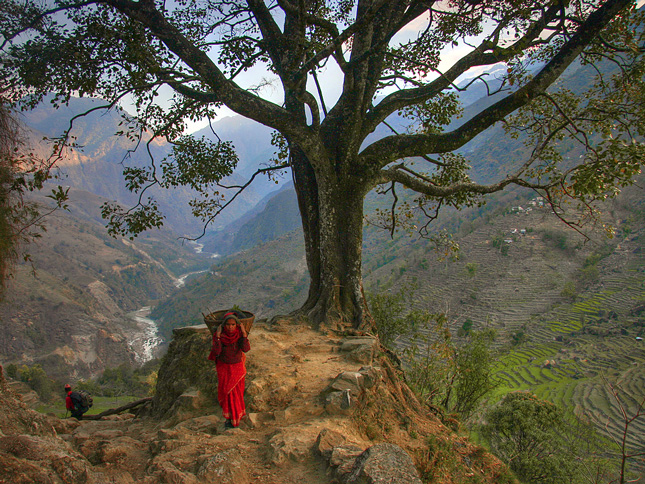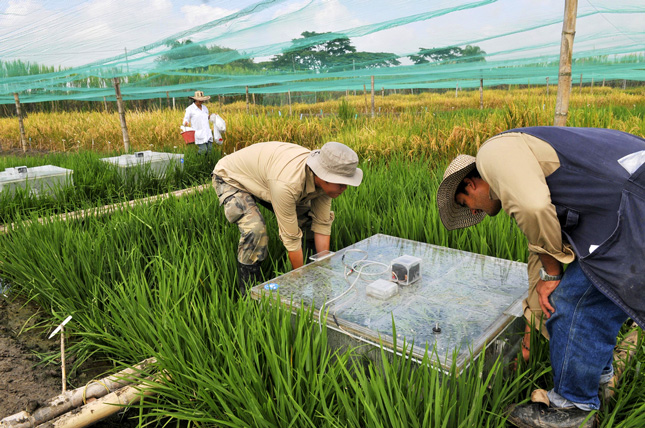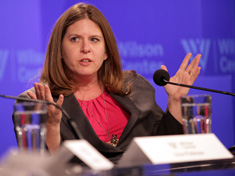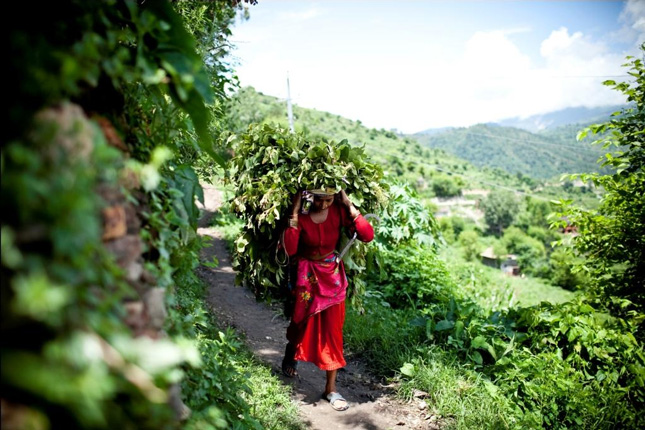-
Conflict and Climate Change Collide in Assam as Trafficking Thrives
›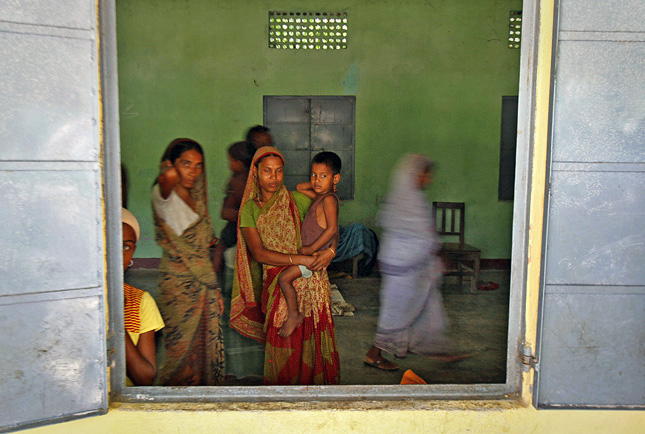
The story of Uma Tudu captures the endless cycle of poverty, violence, and suffering faced by too many girls in the northeastern Indian state of Assam.* At 16, following floods that destroyed her village, she traveled more than 1,600 kilometers to Delhi, lured by the promise of a good job and a good life. Instead she was sold as bonded labor.
-
Eric Chu on Translating Climate Adaptation Theory to Action on the Local Level
›
“Adaptation is very theoretical. When you talk about ‘resilience,’ you draw these Venn diagrams and you draw these really complex issues, but at least at the IPCC level, we didn’t spend a lot of time thinking about what people were actually doing,” says Eric Chu in this week’s podcast.
-
Re-Thinking Climate Interventions in Fragile and Conflict-Affected States: Insights From Nepal
›
While much of the debate around climate financing focuses on “how much,” an equally important question is “how?”
-
Lisa Palmer, Yale Environment 360
Colombian Farmers Adjust to Changing Conditions With “Climate-Smart” Agriculture
›February 10, 2015 // By Wilson Center Staff
Rice is a thirsty crop. Yet for the past three years, Alberto Mejia has been trying to reduce the amount of water he uses for irrigation on his 1,100-acre farm near Ibague in the tropical, central range of the Colombian Andes.
-
New Markets Meet Old Grievances: The Fight Over Biofuels in Kenya’s Tana River Delta
›Stepping away from herds of cattle, subsistence farms, and other responsibilities at home, roughly a hundred Kenyan villagers traveled overnight by bus from the Tana River Delta to Nairobi in February 2011 for a hearing at the national high court. The claimants declared that the lack of a “comprehensive land use master plan” infringed on the rights of the region’s people, and called for the prohibition of further land and resource development until such a plan was negotiated.
-
Lisa Friedman on a More Diverse Environmental Movement and the Critical Year Ahead for Climate Talks
›
“If you care about climate change and international response to climate change, the first two weeks of December in Paris, France, will be your Super Bowl,” says Lisa Friedman, deputy editor of ClimateWire, in this week’s podcast.
-
Integrated Development, Focus on Empowerment Builds Resilience in Nepal
›
From the mountains and foothills of the Himalayas to the Terai plains, climate change is rapidly changing life in Nepal. Many communities however, are not strangers to environmental stress; for decades, rapid population growth alongside agriculture and fuelwood collection have degraded land and diminished forests. [Video Below]
-
Report: Damming of Lake Turkana Could Leave Thousands Without Water, Provoke Tribal Conflict
›The damming of a river that feeds the world’s largest desert lake could lead not only to less drinking water for thousands of Kenyans, but international conflict between tribes for what little water remains.
Showing posts from category environment.



